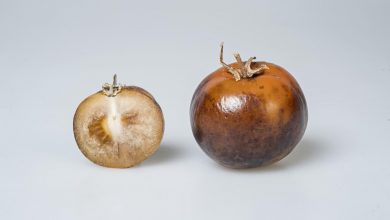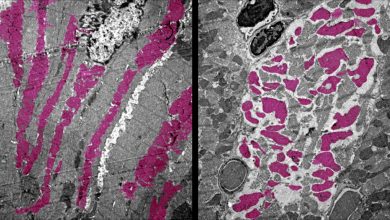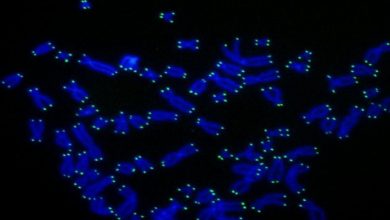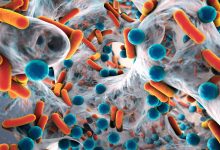
Gut flora or gut bacteria is the community of organism which lives in our digestive system. These microbes have incredible potential to affect our physiology, both in health and in diseases like the development of obesity and metabolic diseases such as diabetes.
A new study showed changes in metabolism and reduction in weight gain in mice on deleting a single gene in particular strain of gut bacteria. This study is published in the journal eLife.
The research provides an important step towards understanding how the microbiome – the bacteria that live in our body affects metabolism.
Although the link between the gut microbiome and the development of disease were known, the mechanism by which microbiome was affecting the body’s metabolism was difficult to decode. The reason behind it was the presence of multiple species of gut bacteria having many different kinds of metabolites. It was challenging as well as significant to find different effects of different metabolites.
In the laboratory, researchers removed a specific gene from the microbiome using a kind of ‘genetic scalpel’. After that, they studied the effects of this change on host metabolism. For their study, they choose bile acids that occur naturally in the human gut. If the production of bile juice is irregulated it contributes to diet-induced obesity. However, the question was to find the particular bile acids which were causing these effects.
To address this question, the team focused on a class of bacterial enzymes called bile salt hydrolases.
“Previous research has shown that these hydrolases play an important role in regulating host metabolism, but not exactly how,” explains senior author Sloan Devlin, Assistant Professor in the Department of Biological Chemistry and Molecular Pharmacology at Harvard Medical School, US. “We took a novel approach to understand the role of these enzymes by controlling the activity of a selective bile salt hydrolase in the mouse gut.”
Researchers identified the bacterial species which produces enzyme bile salt hydrolase that only metabolizes certain types of bile salts. After that, they generated two strains of bacteria – one with the hydrolase and one without – and introduced them into germ-free mice. They found that the mice which do not have enough amount of hydrolase enzyme i.e. mice colonized with hydrolase-deficient strain were not able to metabolize all the bile salts and had had much higher amounts of certain unmetabolized bile salts in their intestine.
The next step was to examine the effect of altering levels of specific bile salts on mouse metabolism. They were surprised to find that the mice colonized with bacteria lacking the hydrolase gained less weight than the mice colonized with the normal bacteria. They also found the animals had lower levels of fats and cholesterol in the blood and liver than those with the hydrolase, and they had a preference for metabolizing fats rather than carbohydrates for energy.
Genetic analysis revealed that in addition to alterations related to metabolism, there were also changes in genes controlling circadian rhythm and immune response. This suggests that bile acid alterations caused by bacteria can cause a broader range of changes in the host.
“Previous work has shown that the microbiome as a whole affects metabolism, but our paper provides a more reductive view,” concludes Professor Devlin. “By showing that deleting a single gene results in downstream changes in the host metabolism, we establish this particular gene as a potential target for future drug development and provide a step towards a fuller understanding of how the microbiome affects metabolism.”






